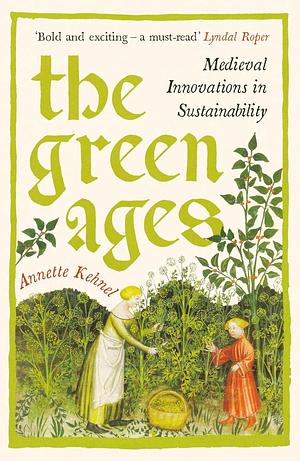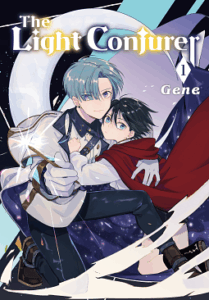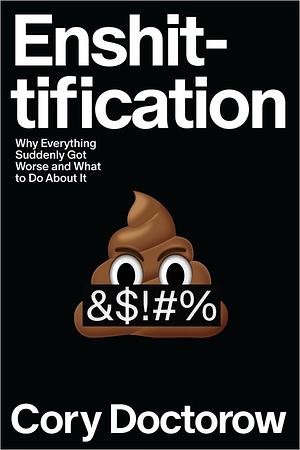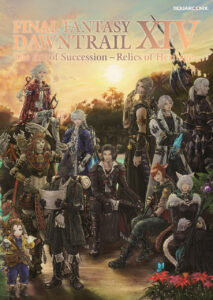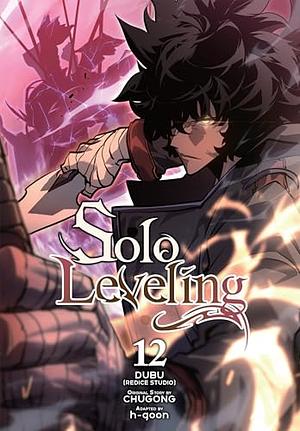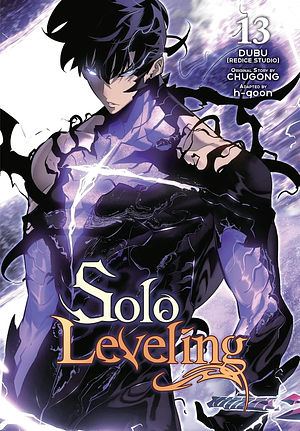
Solo Leveling
by Dubu, Chugong
Genres: Fantasy, MangaPages: 296
Series: Solo Leveling #13
Rating:

Synopsis:Outnumbered a hundred to one, Jinwoo and his shadow army ready themselves for the fight that will determine the fate of the whole world. As hunters worldwide gather to make mankind’s last stand, Jinwoo focuses on the gate closest to home and those he loves. A superior strategy is his only hope in the face of such overwhelming odds, but as the first wave emerges, it’s clear his foes are already a step ahead of the new Shadow Monarch... Has Jinwoo leveled up enough to defend humanity from certain destruction?!
If I understand rightly, this 13th volume is the last of Solo Leveling‘s main story, which… it feels like the last 2-3 volumes all happened in a massive rush, because so much happens here. I wasn’t surprised by the fact that ultimately — despite all his allies — Jinwoo went at it totally alone. The clue is in the title: Solo Leveling. In the end, all he can depend on is himself: he learned that lesson very early on.
Now we know why he needed to learn it.
I don’t entirely know how I feel about the time travel plot here: it diminishes some of the sacrifices so far, but it entails a different kind of sacrifice, so… hm.
I think I’d like to read the light novels now: I wasn’t sure at the outset whether I would, because this isn’t my go-to style of story. But, in the end, I like reading a little of everything, and I’m curious to read in a bit more detail, and get an idea of where the story here might’ve been interpreted differently.
[Note: since writing the review, I have indeed started on the light novels, and I love them. Reviews will come eventually, though I still have a huge backlog of written but not yet posted reviews.]
Rating: 4/5 (“really liked it”)

